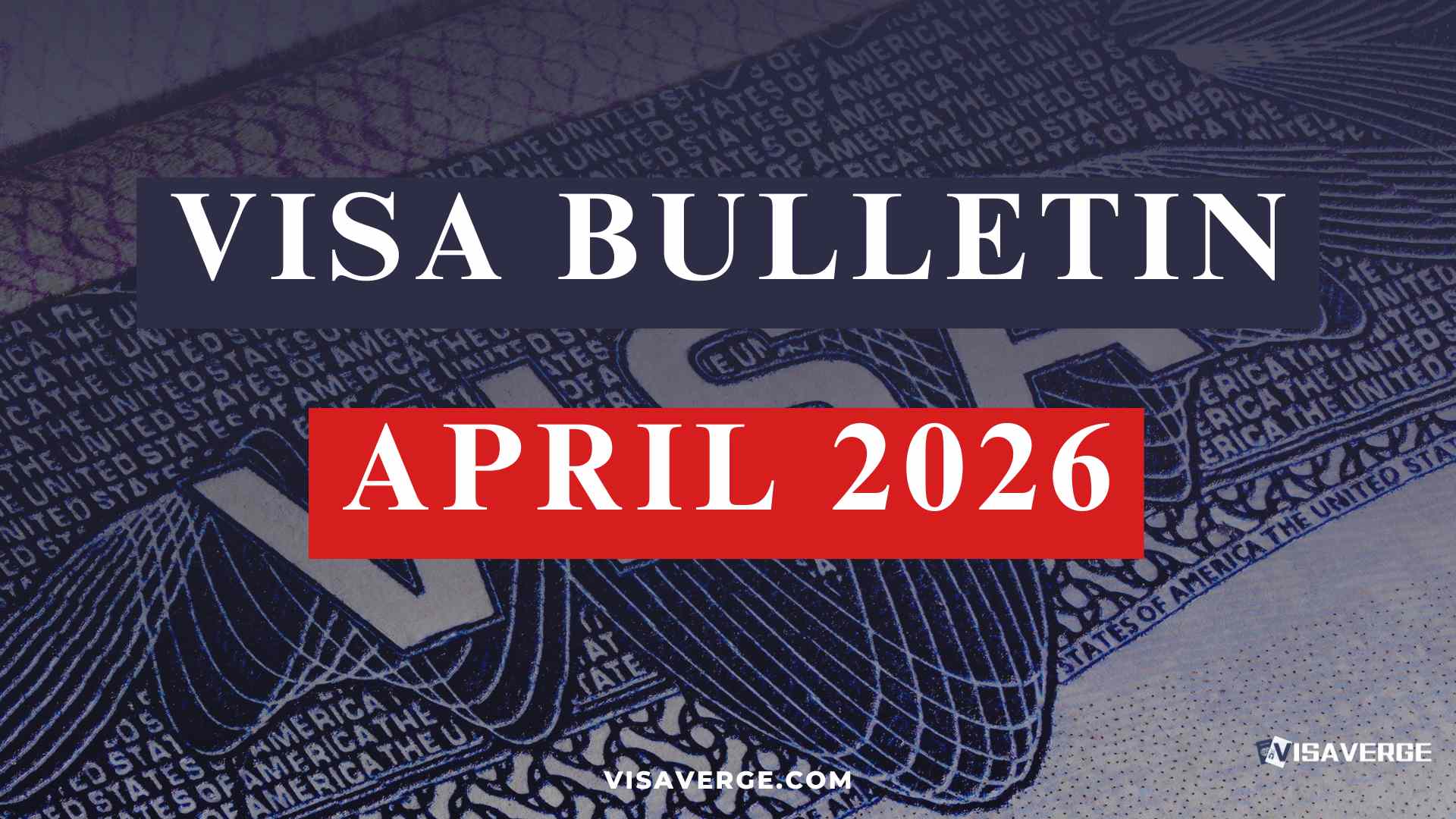In the United States, an escalating challenge is becoming more evident as the country grapples with a growing number of immigration cases. Amidst this surge, a critical issue has surfaced: the shortage of immigration attorneys. This concern not only underscores the complex nature of the U.S. immigration system but also points to the dire need for real solutions to assist migrants in navigating their legal pathways.
What’s Behind the Immigration Attorney Shortage?

Recent data reveals the scope of this daunting challenge. Susan Long, co-director of the Syracuse University Transactional Records Access Clearinghouse (TRAC), provides insight into the current backlog within the U.S. immigration court system. According to Long, nearly 1.5 million immigration cases were filed last year, leading to a backlog of more than 3 million cases by the end of December. This overwhelming number far exceeds the capacity of available immigration attorneys, leading to a dire shortage of legal representation for migrants.
Texas, for example, ranks sixth in the country for courts with the lowest representation rates. With 458,000 backlogged immigration cases, only 85,000 of these have legal representation, as revealed by TRAC research. This discrepancy highlights a significant gap in the availability of attorneys to serve the needs of migrants seeking legality in the U.S.
The Human Cost of the Backlog
Houston immigration attorney, Mana Yegani, shares her firsthand experience with the broken system. Having practiced immigration law for over a decade, Yegani echoes the frustration felt by many in her field. The extended processing times, which can span six to ten years, coupled with a high denial rate—80% of cases across the country—are discouraging for both attorneys and migrants alike.
“It’s disheartening. Your heart breaks, and it doesn’t mend. It’s really difficult because we’re dealing with people on the human level,” said Yegani, highlighting the emotional toll this process takes on all involved.
This sentiment is further compounded by instances of burnout among immigration attorneys, some of whom have resorted to closing their offices abruptly, leaving their clients in the lurch.
A Call for Reform
The current state of affairs has prompted a call for comprehensive immigration reform. Both Yegani and other experts in the field advocate for a bipartisan agreement to modernize immigration law. By addressing the underlying issues within the system, there is hope to not only improve the process for migrants but also to increase the number of attorneys willing to take on these challenging cases.
Yegani expresses a common sentiment among her colleagues, “The law has me handcuffed.” This statement underscores the broader need for legislative action to ensure that the U.S. immigration system is both efficient and fair.
Navigating the US Immigration System
For migrants trying to navigate the U.S. immigration system, the journey can be daunting, especially given the current attorney shortage. However, there are resources available to help. For more information and legal assistance, migrants are encouraged to seek out reputable sources such as the American Immigration Lawyers Association (AILA) and the U.S. Citizenship and Immigration Services (USCIS) website.
Through a concerted effort to reform immigration law, coupled with support for the legal professionals on the frontline, there is hope for a system that better serves the needs of migrants seeking a new life in the United States. As the country works to address the backlog and the attorney shortage, it is imperative that we remember the human stories at the heart of this issue and strive towards solutions that uphold the values of fairness and compassion.
This Article In A Nutshell:
The United States faces a critical shortage of immigration attorneys amidst a surge in cases. Nearly 1.5 million cases filed last year led to over 3 million backlogged cases. With a high denial rate and long processing times, reform is crucial. Migrants can seek help from organizations like AILA and USCIS for guidance.







